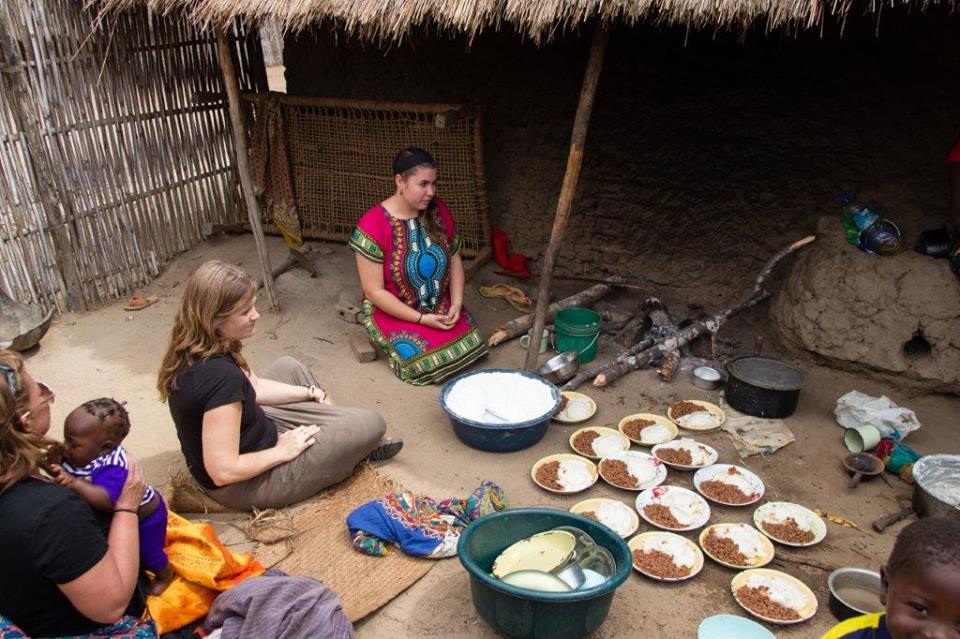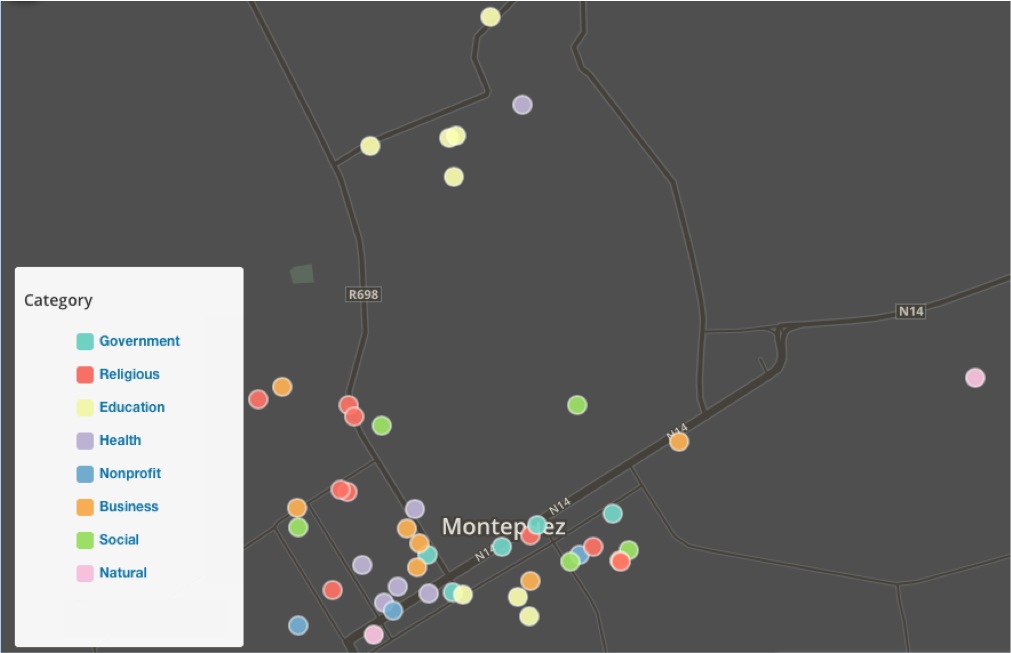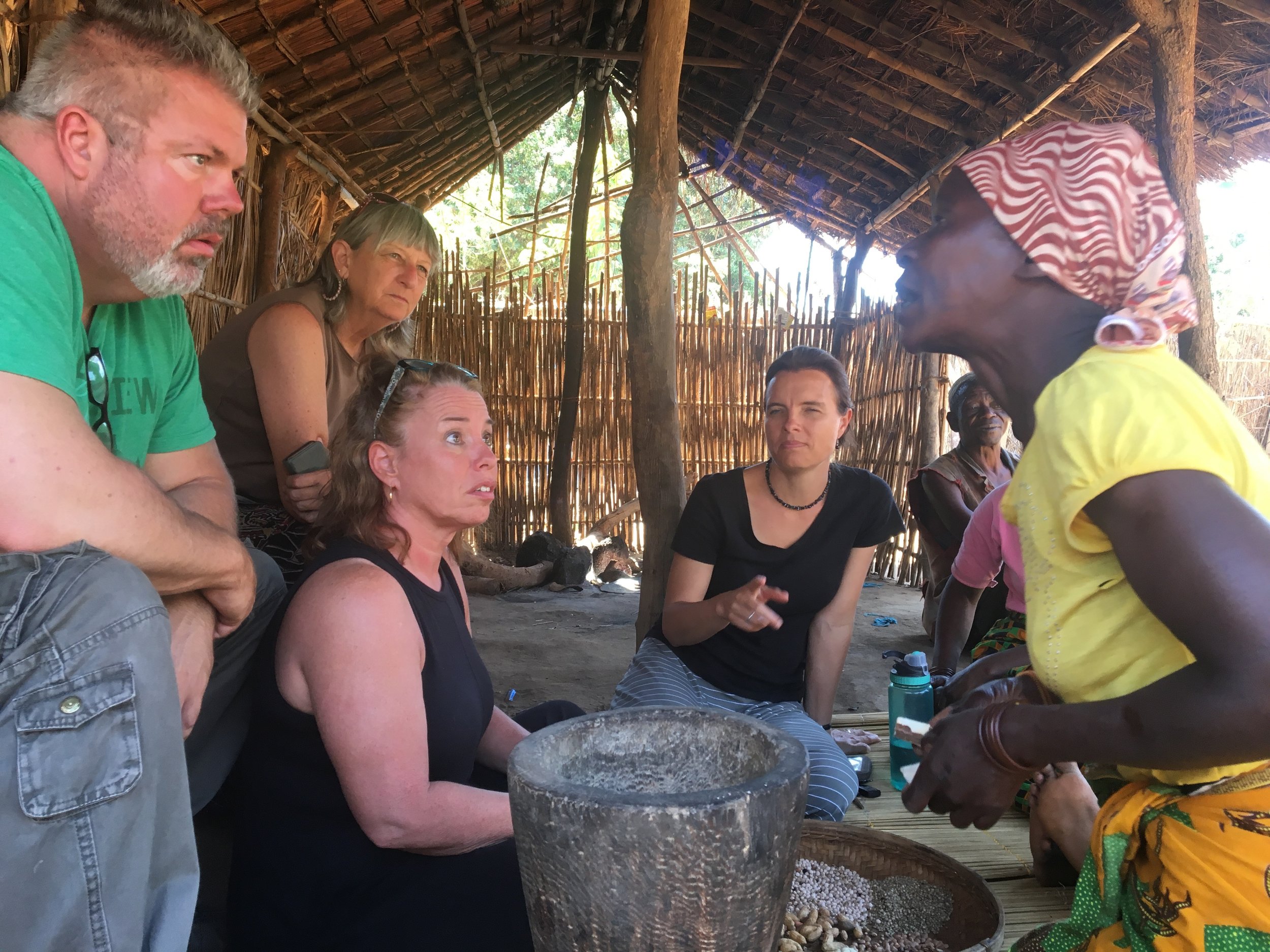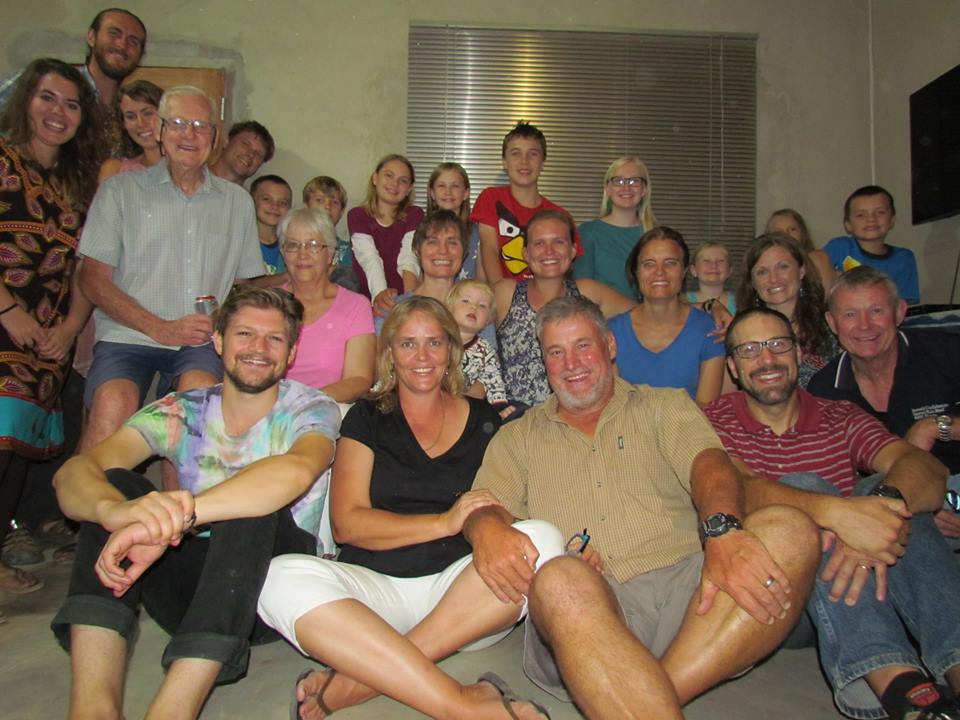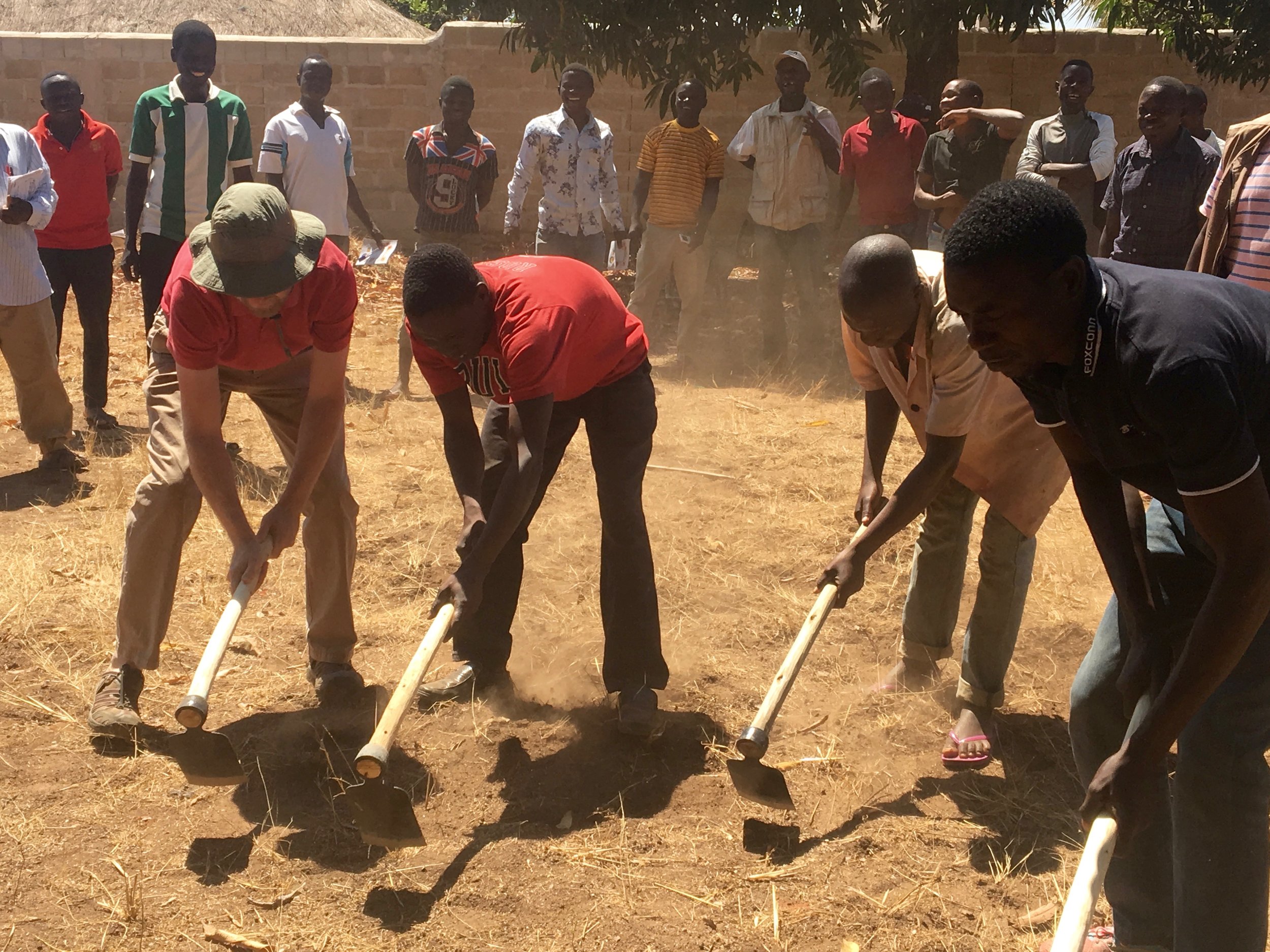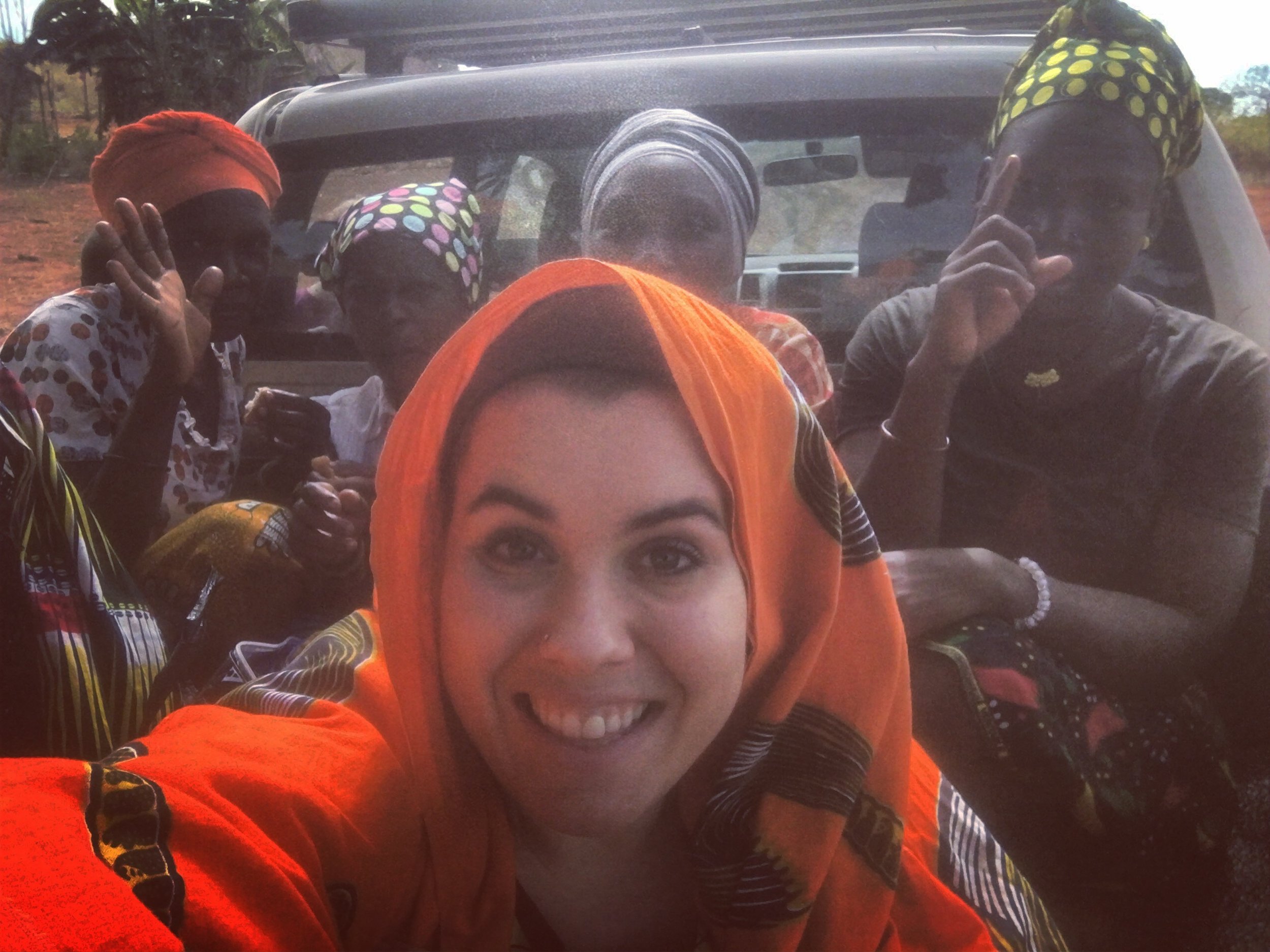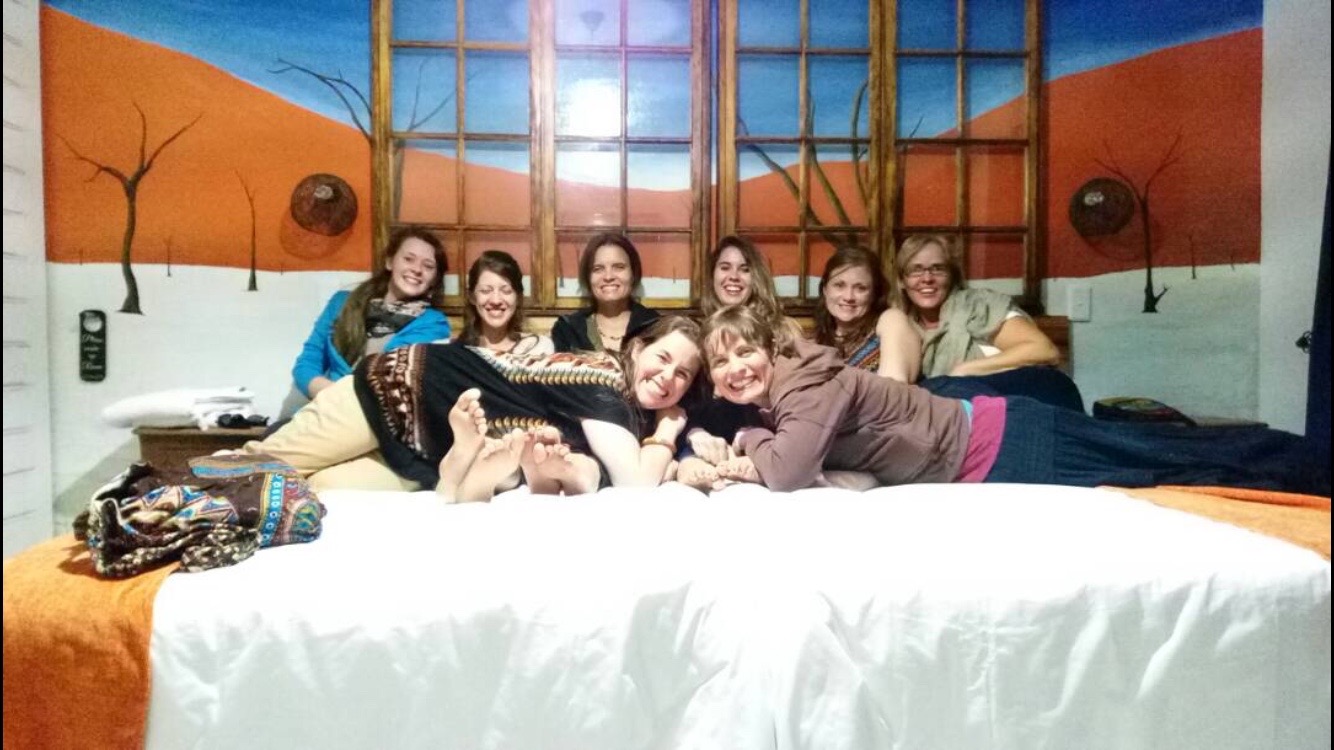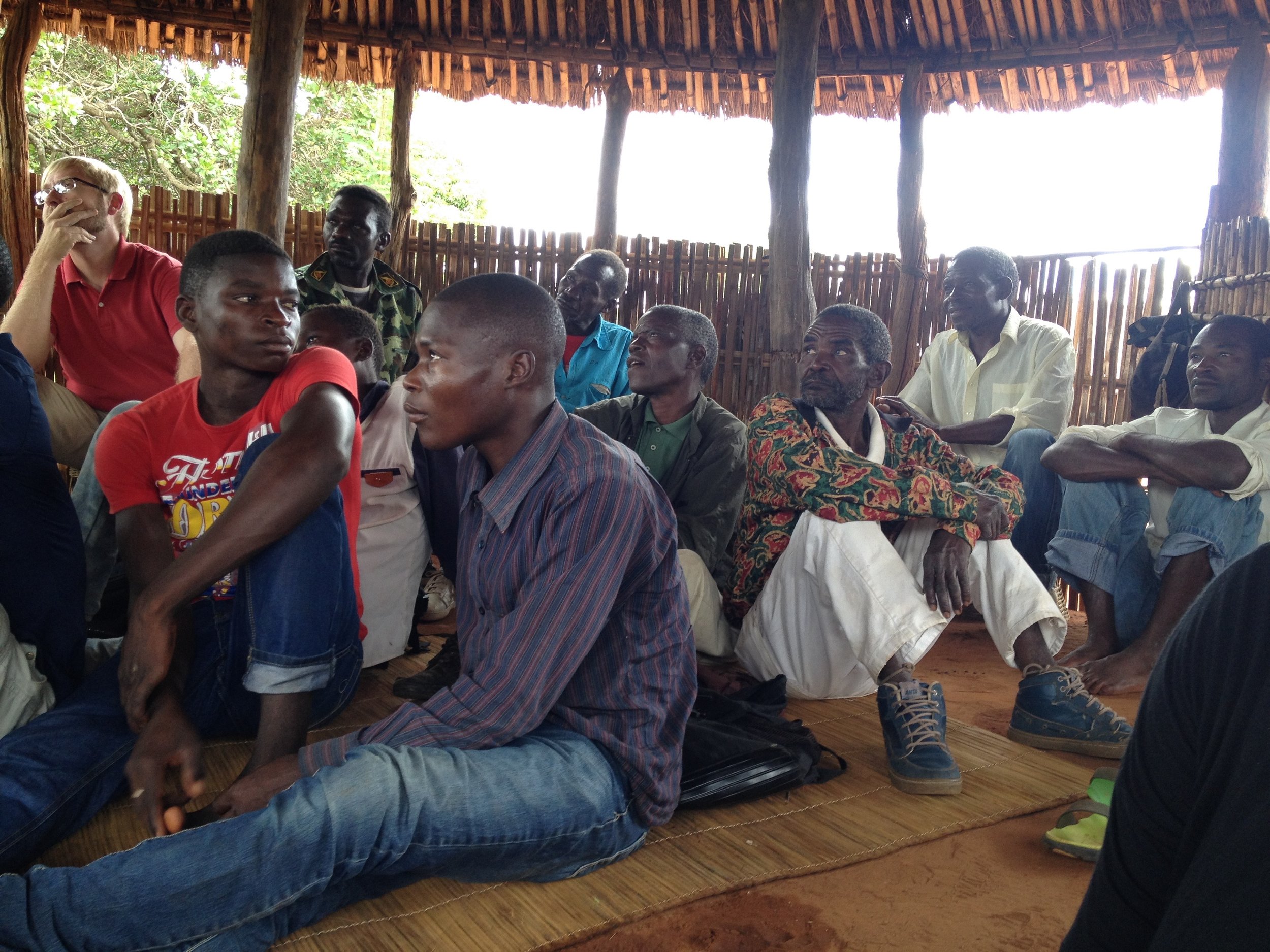Thanksgiving Community
The pilgrims came to North America with a dream. A hope. A vision of freedom. But, much to their surprise, life there was awful. They couldn’t grow crops or handle the winters. They were fearful for their health and physical safety. The New World got old pretty fast. And they would not be able to make it.
At least, not alone.
Squanto and Massasoit, members of the Wampanoag tribe, made themselves blessings to the colonists. Despite the way Native Americans were disregarded, oppressed, and murdered by colonists, these individuals chose to move toward reconciliation. Squanto interpreted language for the pilgrims and taught them to grow crops and catch meat. Massasoit offered food aid to the starving colonial community.
Because of this humility and hospitality the colony survived. Because individuals were able to utilize a variety of gifts, seek out good where they were, and learn to listen to one another, the United States as we know it was able to exist. Thus Thanksgiving was born.
Unfortunately, this story lacks a lot of truth, because American colonists’ time of thanksgiving was short-lived. A lack of listening, a lack of hospitality, and a lack of love turned thanksgiving into greed and power-mongering. A shared meal turned to war.
And that’s why the Thanksgiving story we’ve heard should not be a one-time event. It should be a trajectory for humanity.
The story of Thanksgiving is not so different from my story in Mozambique. As we humans do with most great endeavors, I came to Mozambique with a dream, a hope, and a vision for my life here. But this world, very new to me, was not exactly conducive to my dreams and visions. In fact, it shut them down pretty quickly. My idea of success, the god-complex that had grown in my subconscious, was quickly trampled by the rampant brokenness that is rooted deep in this community’s psyche.
It’s easy for us to look around and see brokenness first. It’s easy to look around the places where we live and see problems that need to be fixed. It’s easy to watch the news and shake our heads, overwhelmed by the evils all around us. It’s easy to stand scared and alone, caught up in the fact that our crops aren’t growing, our houses are cold, we’re all getting scurvy, and the Native Americans could attack us at any moment. It’s easy to let brokenness rule. And so the brokenness turns to ruins, abandoned and overgrown scars on our cities that reinforce our community’s inability to achieve wholeness.
I think especially for people of my cultural and socioeconomic background, northern Mozambique could look pretty desolate. If your idea of my city has been crafted by Feed the Children commercials featuring children sitting in the dirt while sad music plays, then it could look pretty broken. If you’re like me and your definition of the good life has much to do with accessibility to good coffee, then Montepuez could look like a problem that needs to be solved. And if you’ve grown up being told that it’s your moral responsibility to be a problem fixer, then it makes sense to approach my neighborhood looking for brokenness and opportunities to assert my God-ordained solutions.
But what if we changed the way we saw and approached our communities?
What if my call was not to solve problems, but to be a member of a thanksgiving community?
A thanksgiving community is one that voices its gifts, its strengths, and its power, and affirms those things in its members. A thanksgiving community is a hub of hospitality, a space of welcome for people of many ideas, many gifts, and many backgrounds. A thanksgiving community sees itself on a trajectory toward abundance, finding itself to be enough and important. A thanksgiving community is one that views its problems through the lens of possibility, seeing how it can use its own resources and relationships to grow.
A thanksgiving community is one where we relinquish our god-complexes, our idea that we need, or even have the capacity to, save everyone from brokenness. A thanksgiving community is one where we give and receive blessings with one another. A thanksgiving community is one where we do not draw exclusive lines, but where all are welcome because we recognize the value in all. A thanksgiving community is one where we acknowledge our need for one another. A thanksgiving community is where we commune together, where we listen to one another, where we share with one another, and where we stand for justice for one another. A thanksgiving community is one that pushes back against brokenness with joy and strength.
I need to see Montepuez through the eyes of thanksgiving.
What if instead of thinking about how hot it is, I was thankful for the warmth with which my neighbors receive me? What if instead of concentrating on the lack of coffee and craisins, I remembered what immense amounts of food have been shared with me? What if instead of resenting the absence of my friends and family in the States, I praised the wealth of new friends and family that have been provided for me in Mozambique?
What if instead of seeing only poverty all around me I saw the richness of hospitality and resourcefulness? What if instead of seeing only the disease and social ills that ravage my community I saw the hospitals, clinics, health workers, and social justice advocates who are working all over my city? What if instead of seeing only corruption that prevents people from succeeding, I saw the individuals working in the government who are seeking the best for their people and learning how to serve them?
Recently I had to make a “community asset map” that locates resources and gifts that the community has to offer. In just a couple hours I had a very lengthy list of places. I found government offices that are representing and protecting community members; I saw central hubs for business to sell and receive support; I saw green spaces for community gatherings; I saw religious institutions meeting the felt needs of the community; I saw educational buildings stimulating and empowering community learning; I saw health initiatives reaching out and caring for the sick; I saw associations advocating for an end to child marriage, eradication of AIDS, opportunities for the disabled, and equality for women; I saw natural resources to empower and sustain agricultural growth; I saw nonprofits collaborating with communities to bring about sustainable development. And there are so many more resources. So many that I continue to see. So many that I’ll never even know about.
And this map does not even begin to include – nor could it ever hold – all of the individuals who are resources in this community. It does not include the chiefs and kings of neighborhoods, nor the people with special skills or influence. It does not include the entrepreneurs and those generating new ideas in traditional communities. It does not include the speakers of wisdom and the storykeepers of culture. It does not include my friends.
It is only through my friends that I can live here. It’s not just that it’s nice or helpful to have community. I need this community. It’s through this community that I learn my way around the town and the market and the kitchen. It’s through this community that I navigate culture and language and life. It’s through this community that I see opportunities and blessings and God.
Changing my vision doesn’t change the reality, but becoming a community of thanksgiving does. Becoming a community of thanksgiving is not equivalent to becoming a community of passivity, of inaction, of settling for less than the shalom of God. Choosing to approach life and community from a lens of abundance and capacity instead of scarcity and brokenness is how we combat material, relational, and spiritual poverty. By articulating gifts we empower others (and ourselves) to act instead of passively accept a difficult fate. By seeking out the resources available we plant seeds of hope and paint a vision of what’s possible. By developing meaningful friendships with a diversity of people we are motivated to do better work together to better our community.
And this isn’t just about Montepuez, Africa, or the Majority World. It’s about your country. It’s about your city. It’s about your community.
To create communities of thanksgiving is to find solutions to our problems in our multiplicity of gifts and connections. To be a part of and create communities of thanksgiving is to look at everything around us, people and experiences, and say, “this is a gift.” To create communities of thanksgiving is to seek out and name blessings, and to be a blessing. To create communities of thanksgiving is to approach individuals and life in awe of what work God has done and is doing, and then join in that work.


